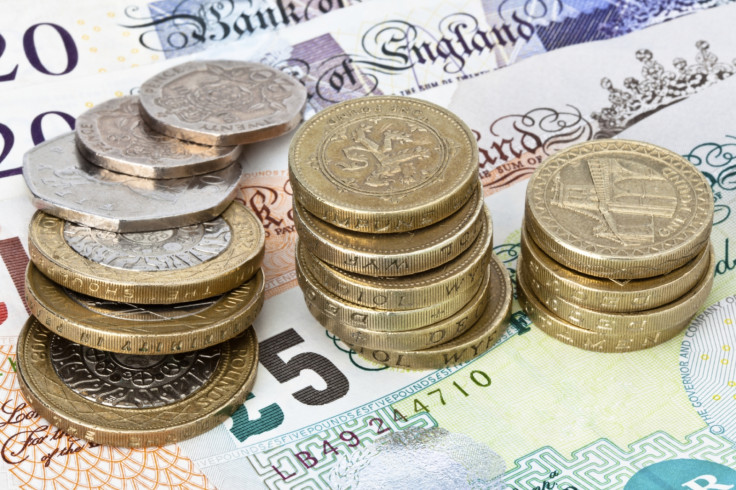Summer budget 2015: Universal living wage would give UK £1.5bn boost says KPMG

The UK government would be given a £1.5bn (€2.1bn, $2.3bn) boost by increasing the national minimum wage (NMW) to the same level as living wage (LW), according to KPMG.
The financial firm concluded that by increasing the statutory pay rate for adults from £6.70 an hour to £9.15 in London and £7.85 outside of the capital, the Treasury would benefit from £4.5bn in extra tax and reduced benefit payments.
But, because of an additional £3bn public sector wage bill, the net benefit of the wage increase would be more than £1.5bn.
"We firmly believe that voluntary adoption of a LW policy by employers, over time, is one of the tools that will help improve social mobility in the UK as well as directly addressing in-work poverty," said Marianne Fallon, head of corporate affairs at KPMG.
"We understand that this is a complex issue for employers and policymakers, but our research shows that there is more to be gained by employers adopting a living wage strategy integrated within their broader business strategy."
We firmly believe that voluntary adoption of a LW policy by employers, over time, is one of the tools that will help improve social mobility in the UK as well as directly addressing in-work poverty
The company, ahead of Chancellor George Osborne's emergency budget on 8 July, also estimated the pay move could lift six million people out of poverty in Britain.
But the Low Pay Commission (LPC), which determines the rate of the NMW, warned in March that UK businesses were "still absorbing" the last rise in the wage.
"Employers are still absorbing last year's real terms increase and the minimum wage is now at a record level relative to typical earnings," the LPC said.
"After a very careful review of a wide range of evidence, we have made recommendations for the year from October 2015 which balance the risk of recommending more than the business and the economy can afford against the risk of doing too little to make further progress in restoring the real value of the earnings of the lowest paid."
Former Labour leader Ed Miliband promised to raise the NMW to £8 an hour as part of his failed general election bid, prompting the Federation of Small Businesses (FSB) to warn that the rate could become a "political football".
"The FSB has always supported the NMW but we are increasingly concerned that it's becoming a political football," the group said.
"Giving businesses a longer-term view of what the minimum wage will look like in future years is an idea we support, but the decision on what the rate is should be set only after consultation with the LPC. This proposal does the opposite.
"Our concern is that setting rates according to political need means that the impact of rises on employment, inflation and growth will not be fully explored.
"Sectors such as retail and social care are run on very fine margins, and will struggle with substantial increases to the minimum wage rate that fail to take wider economic conditions into account."
© Copyright IBTimes 2025. All rights reserved.






















